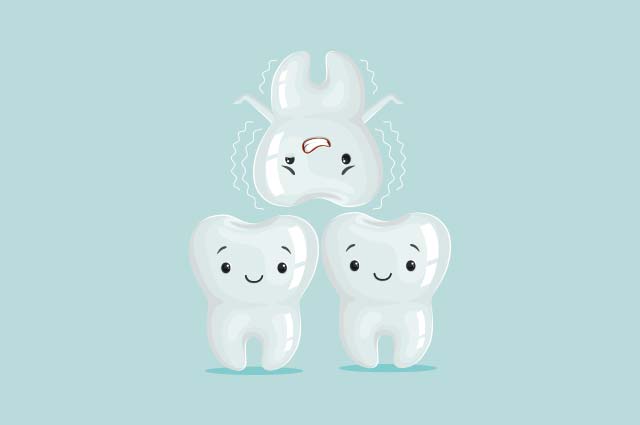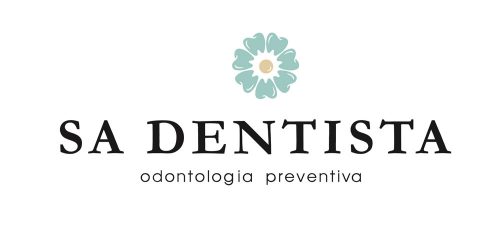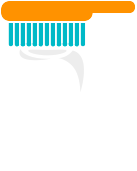
PREVENTION
“It is the basis of our philosophy. Avoid damage to the
teeth achieving a functional and aesthetic balance”
The brushing
To be effective, brushing must become a routine after meals. It is very important to be constant since plaque always accumulates when we eat and must be eliminated again and again.
.
It is advisable to use a soft brush, a brushing technique that does not injure the gums, and a suitable paste to strengthen the teeth, gums and prevent cavities and periodontal diseases. It is advisable to change the brush when it looks worn or about 3 months.
It must be brushed piece by piece both on the outside and on the inside. The brushing technique will vary depending on the characteristics of each patient and it is advisable to follow the instructions given by the dentist or hygienist.
We recommend the Bass technique:
Place the brush at an angle of 45 degrees from the line of the gums. Start by making small horizontal motions encompassing 2-3 teeth, followed by vertical movements, always from gum to tooth, influencing the gingival groove. Once the cleaning of the visible faces of the teeth is finished, the cleaning of their inner faces continues.
To do this, the brush is placed in the same way, forming an angle of 45 degrees, repeating this sequence of movements on the inside of the teeth. It is important to focus on the cleaning of each tooth for an estimated time of 10 seconds.
To finish we will brush the chewing faces and the tongue.
There are spaces between the teeth that the brush cannot reach. In these places, dental floss and interproximal brush if the dentist or hygienist has advised us to do so should be used at least once a day.
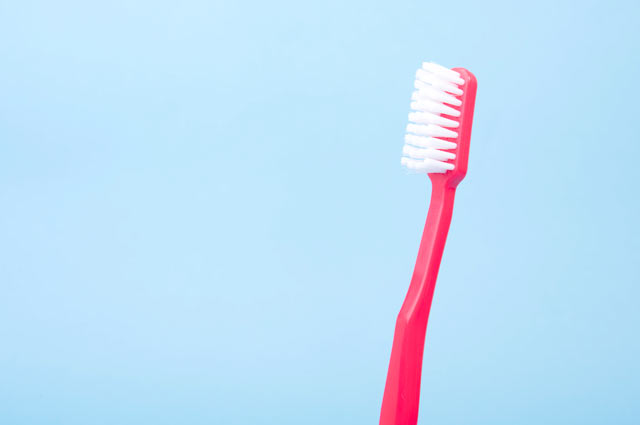

The diet
A healthy diet helps you maintain your health
The type of diet affects the health of our teeth. We have to follow a balanced and varied diet.
The most frequent causes of pathology detected today and due to diet are:
Sugar abuse: candies, sweets, and juices even natural, we must also avoid abuse of sugary soft drinks, coffees, industrial pastries, and tobacco.
Proteins, carbohydrates, and fats are the only nutrients that provide energy or calories. Vitamins and minerals are required in lower proportions.
The diet should include a variety of foods, taking a large number of foods of plant origin and those of animal origin in moderation.
The diet must provide the amount of energy necessary for the proper functioning of the body. In addition, it is advisable to eat moderately to avoid obesity.
Periodic reviews
Visit our clinic every 6 months: THE 1ST INFORMATION VISIT.
Request a 1st informational visit by phone.
The 1st visit is essential to get to know the patient and what motivates him to visit the dentist. This visit consists of a general recognition of the patient’s health status as well as an oral examination to determine more precisely their needs.
Once this is done, the patient will be informed of the problem they have, if they have any, and in the event that the treatment is simple, they will be given a budget.
In more complex cases, it is necessary to collect more information in order to be able to specify the diagnosis and carry out a personalized treatment plan.
In this case, necessary tests will also be reported and a budget will be delivered.
Regular visits to the dental clinic are very important, dental professionals are the ones who can best offer advice on each particular case by doing regular monitoring and using the appropriate preventive methods for each age range.
A visit to the dentist each year is an average recommendation: some people with excellent oral health need only one check-up a year, and others, at higher risk for tooth decay or gum disease, would do well to visit more than twice a year.
In children, it is recommended to go to check-ups at least twice a year, due to the changes in their dentition typical of growth.
If you have or think you have problems with your teeth before your next checkup, you should call the clinic to advance the appointment.
In cases of a real emergency, it is best to make an immediate appointment.
At each checkup, the dentist will examine your teeth, your gums, and your entire oral cavity. After asking about your general health and investigating if you have had any problems since your last visit, the dentist will look for signs of deterioration in your teeth, in addition to other more serious problems or vitamin deficiencies.
It is common to also examine your face, the state of your bite, your saliva, and the movement of the temporomandibular joint, as is done on a first visit to the dentist.
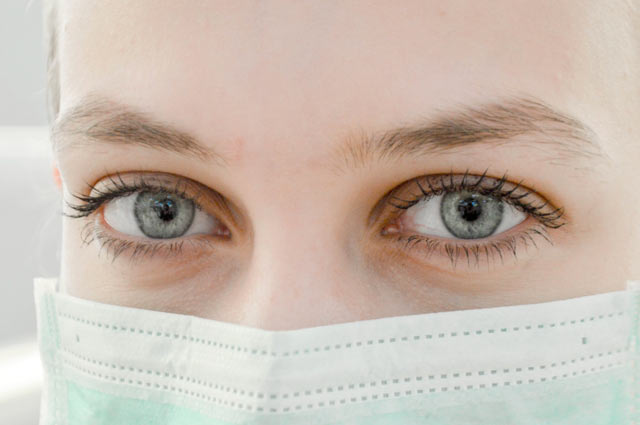
PREVENTIVE ACTIONS CARRIED OUT BY OUR PROFESSIONALS
They are the various acts aimed at preserving perfect oral health avoiding treatments.
There are various actions that help us to avoid alterations of a healthy balance by preserving the dental structure, the placement of the teeth in their ideal position, or the harmonious functioning of all the muscular and bone structures involved in the harmony of the functioning of the entire mouth.
Among these actions, we can highlight: fissure sealants, professional oral hygiene, or RNO (neuro-occlusal rehabilitation).
In this aspect, we can also highlight the PADI program, of the Balearic Government.
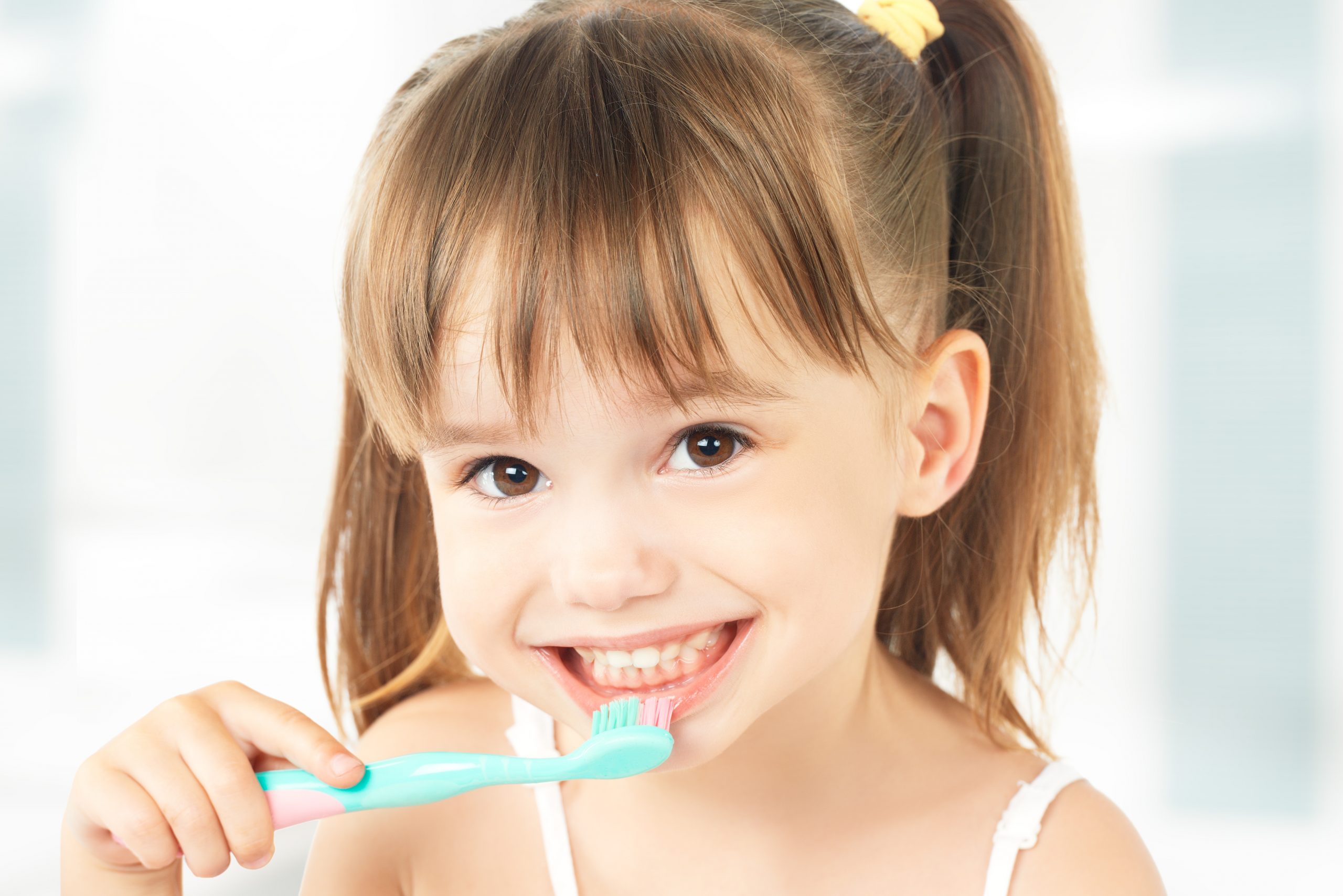
PADI Program
Children’s dental care program of the Balearic Government for all boys and girls from 6 to 15 years of age in the Balearic Islands. Free treatments in permanent teeth financed by the Balearic Government.
Humans have two dentures, nature gives us a second chance, we have a replacement! If a child has cavities in his milk teeth, the alarm signal sounds.
We must discover what the problem is, it may be that their diet is not adequate, that there is a lack of hygiene, that their caregivers do not have the necessary information, learn from mistakes and ensure that their permanent teeth are never damaged.
This is the mission of PADI. From the age of 6 the first permanent teeth erupt, so we must redirect bad bad habits and achieve, with the help of professionals, a healthy mouth for the rest of their life.
Fissure sealants
Sealing pits and fissures make it easier to clean teeth and prevent cavities.
It is a preventive measure against dental caries, which consists of the placement of a material as a protective barrier to prevent food debris and dental plaque from sticking in the grooves and fissures of the occlusal faces of the teeth.
In this way, it is possible to reduce the possibility of caries formation in these areas, which are the most favorable for its development.
The material used remains "glued" to the surface of the molars, thus protecting the parts that are most susceptible to decay.

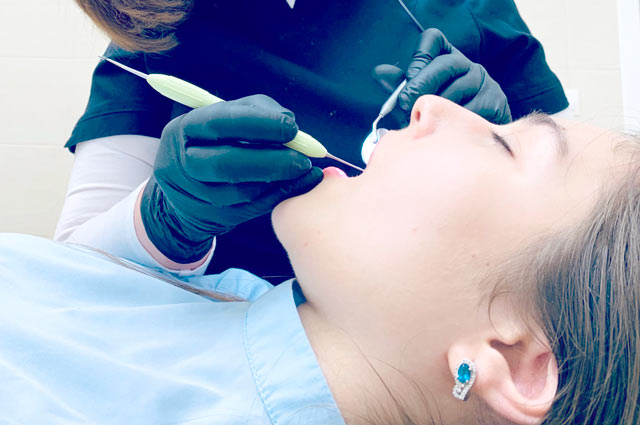
Professional oral hygiene
Manual or ultrasonic cleaning depending on each particular case. To remove tartar that adheres to the teeth, outside or under the gums. It is more than just a deep cleaning of the teeth.
We can evaluate the patient's brushing technique using a “plaque revealer” that shows us the areas where dental plaque accumulates, this is a mixture of bacteria and organic residues that remain attached to the tooth. In this way, the hygienist can show the patients the areas where they should deepen their daily hygiene.
The general health of the mouth is observed and if any pathology is found, a visit to the specialist is recommended.
Checking the condition of the mouth twice a year is the most effective measure, scientifically recognized, to preserve your own teeth and those that have received treatment.
Tarthrectomy
It involves removing tartar with ultrasound and polishing teeth so that dental plaque does not adhere to roughness.
Manual periodontal treatment:
Probing, scaling, polishing, and root planing.
Neuro Oclusal Rehabilitation
It prevents the pathologies of functional causes.
It prevents and treats as early as possible the pathologies of functional causes that cause dental malocclusions and periodontal and craniomandibular disorders of the masticatory apparatus.
The NOR is a method of functional recovery based on the influence of chewing on the development of the facial skull, having as its principle and fundamental basis the establishment of occlusal balance.
